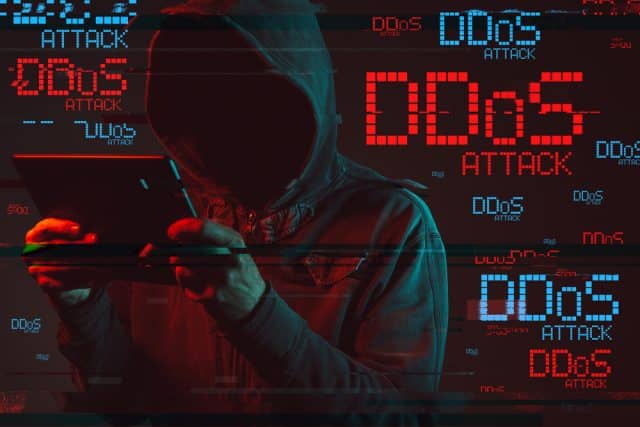Politically motivated DDoS attacks on the rise

This year has already seen several warnings of attacks targeting elections that are happening around the world.
A new report from NETSCOUT has identified a rise in politically motivated DDoS attacks. Peru experienced a 30 percent increase in attacks tied to protests about former Peruvian President Fujimori’s release from prison in December.
Similarly Poland experienced a surge in attacks at the end of 2023 associated with a regime change and statements reaffirming Poland’s support of Ukraine in the Russia-Ukraine conflict.
Hacktivist groups NoName057(016), Anonymous Sudan, and Killnet have taken credit for DDoS attacks in Ukraine, Russia, Israel, and Palestine targeting communications infrastructure, hospitals, and banks. Daily attacks from hacktivists increased more than ten-fold between the first and second halves of 2023.
Attacks targeting internet infrastructure are on the rise too. DNS query floods designed to overwhelm authoritative DNS servers experienced a massive 553 percent increase from the first half of 2020 to the second half of 2023. Wired communications carriers have seen the highest frequency of attacks in the US in the second half of last year.
Gaming and the gambling associated with it are also a prime target for DDoS attacks. Threat actors are drawn to the sector's substantial financial value and the goal of disrupting competitors, especially during online esports tournaments. Historically, 80-90 percent of all DDoS attacks are related to gaming and gambling.
"Global adversaries have become more sophisticated in the past year attacking websites and overloading servers to lockout customers and inflict digital chaos to influence geopolitical issues," says Richard Hummel, senior threat intelligence lead at NETSCOUT. "The relentless barrage of DDoS threats drives up costs and creates security fatigue for network operators. They cannot safeguard their digital assets without the proper advanced DDoS protection leveraging predictive, real-time threat intelligence."
The full report is available from the NETSCOUT site.
Image credit: stevanovcigor/depositphotos.com
